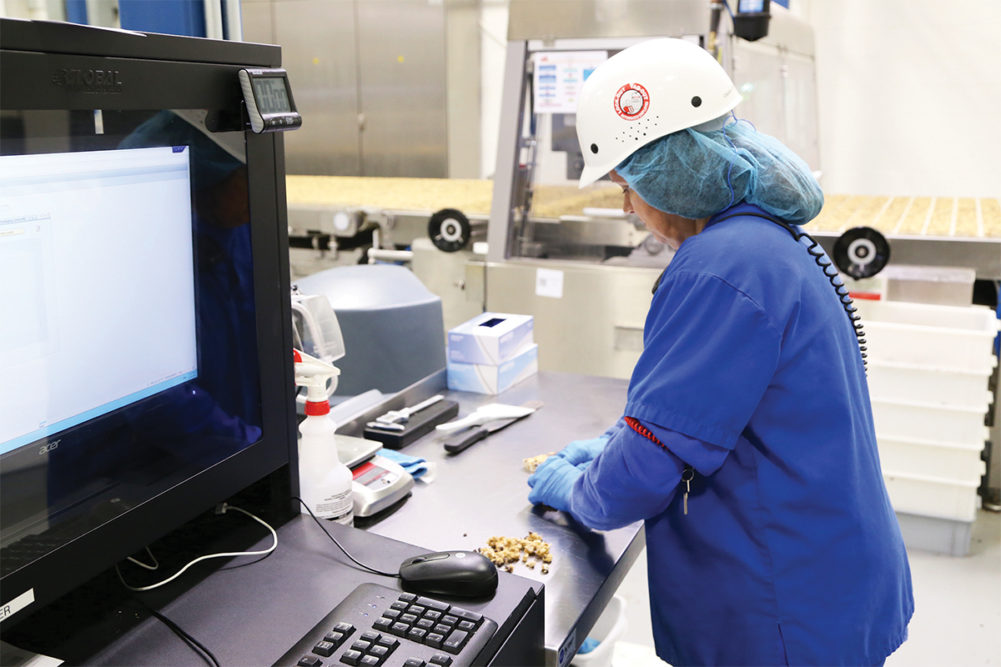Travel shutdowns do not make audits any less necessary, which is why virtual auditing systems have been made available. British Retail Consortium Global Standards (BRCGS) has launched initiatives for temporary solutions during the pandemic, and some of these may remain as permanent certification options once the coronavirus (COVID-19) threat fades.
“We have introduced blended audits, which will be a permanent option for announced audit programs for the standards,” said Jessica Burke, delivery partner relationship manager, BRCGS. “In this case, the audit takes place in two parts: a remote online assessment of some or all of the documentation followed by a shorter onsite audit. This provides the opportunity for a rigorous audit but with a reduction in auditor time spent onsite.”
When onsite audits of existing certificated bakeries are not possible, certification may be extended for up to six months, she said. Another option, however, is a fully remote assessment that includes a review of internal audit results, a remote documentation review and video audit of production and storage facilities.
For this process to work, bakers need to understand the value of virtual.
Virtual tools have changed everything, which is exactly why Gina Reo, president of Quality Assurance Strategies LLC, advised that bakers need to be flexible managing on-site and remote auditing.
“A large portion of the audit is review of documents and records, prompting bakers to find more efficient ways to coordinate,” she said. “Managing these records with third party cloud sharing documentation services limits the burden of having these items readily available for a bakers’ customers upon request or during an audit.”
Even as restrictions ease, the comfort of reduced travelling for work is proving to be an aspect of pandemic life that some aren’t too eager to let go of, Ms. Reo said. It is likely that dependence on remote audits is here to stay. And going virtual doesn’t end with audits as far as quality assurance goes.
“During the pandemic, innovation seems to be in full gear to find new ways to test food products, monitor consistency and analyze attributes,” she continued.
Ms. Reo named near-infrared (NIR) technology for measuring oil, seasonings and moisture in snacks; rapid performance analyzers or viscometers for testing wheat and gluten characteristics, and wireless thermometers and data loggers for quality checks and shipment tracking as a few advancements that eliminate use of chemicals and titrations.
This article is an excerpt from the May 2021 issue of Baking & Snack. To read the entire feature on Quality Assurance, click here.





